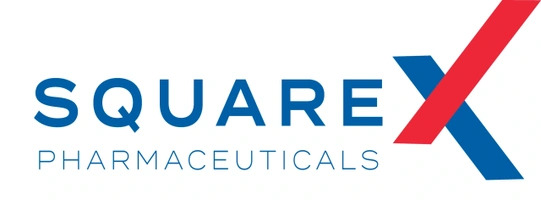Clinical Trials
Phase 3 Clinical Trial
SquareX has completed an End-of-Phase-2 meeting with the US Food and Drug Administration (FDA) regarding its Phase 3 clinical trials to evaluate SQX770 for cold sore prevention and has reached an agreement on the general design of those trials.
Past trials:
Placebo-controlled Phase 1
SquareX conducted a placebo-controlled Phase 1 clinical trial at Massachusetts General Hospital. The study found that a single topical dose of SQX770 tripled median time to next outbreak from 40 days in the placebo group to >124 days in the treatment group (p<0.01).
Details of the study were published in the prestigious journal, Journal of the American Academy of Dermatology.
Mechanism of Action Clinical Trial
In a follow up clinical trial, SquareX studied the immune gene expression of persons infected with HSV-1 who had frequent cold sores (≥6 episodes per year) versus those with few episodes. The study found differences in immune gene expression between the groups, including significantly greater interferon gamma expression in persons with few or no outbreaks.
Volunteers with frequent cold sore outbreaks were dosed with SQX770. The study demonstrated that volunteers’ immune gene signature became more like that of the population with few or no outbreaks, including significantly greater interferon-gamma expression.
Find more information about the study, here.
Phase 2 clinical trial
SquareX’s Phase 2 clinical trial was a larger placebo-controlled study conducted at Massachusetts General Hospital, Stanford University, and other sites. Approximately 140 patients with four or more oral herpes outbreaks per year participated in the trial.
The Phase 2 trial showed a statistically significant improvement in preventing cold sore outbreaks. Patients were followed for a full year post-dosing. After approximately four months the effect of the single dose waned in the treated group and differences with the placebo group were smaller. Overall, during the follow up year, the treated group demonstrated 2.09-fold fewer moderate-to-severe outbreaks than the placebo group. Over the period from 42 to 121 days after the single dose, the treated group had 2.6-fold fewer outbreaks.
The results of the clinical trial were published in the Journal of the American Academy of Dermatology.
Clinical Trials Sign Up










